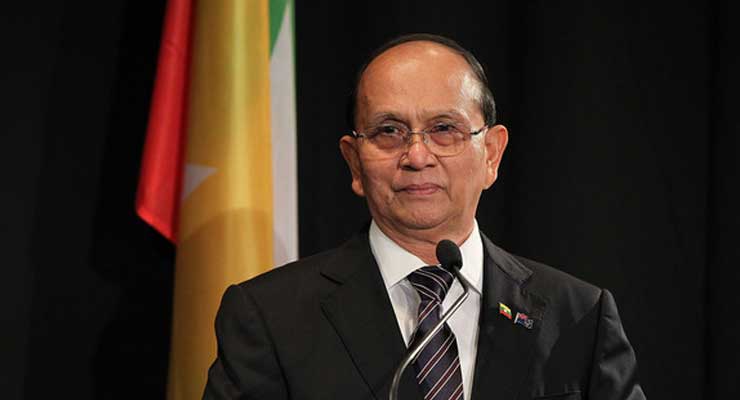
The reforms of departing Burmese President Thein Sein will likely be discussed for a long time
From the Diplomatic Courier:
Myanmar’s President Thein Sein will leave office in late March with a complicated legacy. He steered the country through a transition that peaked with its first free election in decades, though he will leave behind a host of problems for the next administration. Retired General Thein Sein took office in 2011 following an election the year prior that was boycotted by the opposition, Aung San Suu Kyi’s National League for Democracy (NLD), and panned as fraudulent.
At the helm of the military-backed Union Solidarity and Development Party (USDP), he has ushered in a number of notable reforms. Since taking office, more than 1,000 political prisoners have been freed, censorship has been abolished, and preliminary steps toward peace have been made. Most Western sanctions have been lifted, and Myanmar’s economy is growing. Mobile phone penetration, which floated at less than 5 percent under junta rule, has soared to more than 50 percent of the population.
Public opinion was also bolstered by Thein Sein’s suspension of the China-backed Myitsone hydropower project in Kachin State, northern Myanmar. A by-election held successfully in 2012 landed dozens of opposition members in Parliament, including Suu Kyi, lending further credibility to the Thein Sein government. The 2015 general election, which was closely watched by domestic and foreign observers, was conducted freely and peacefully, and the outgoing government has committed to a smooth transfer of power. This was not always considered a given; decades of military rule and the annulment of a 1990 election made for more than a few skeptics.
Leave a Reply